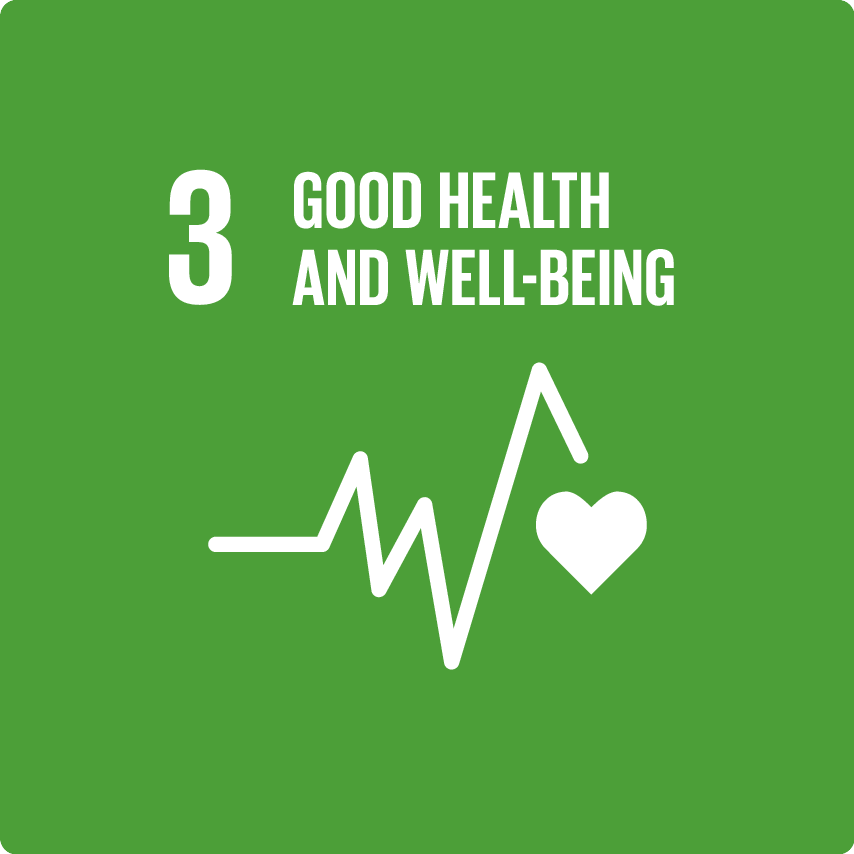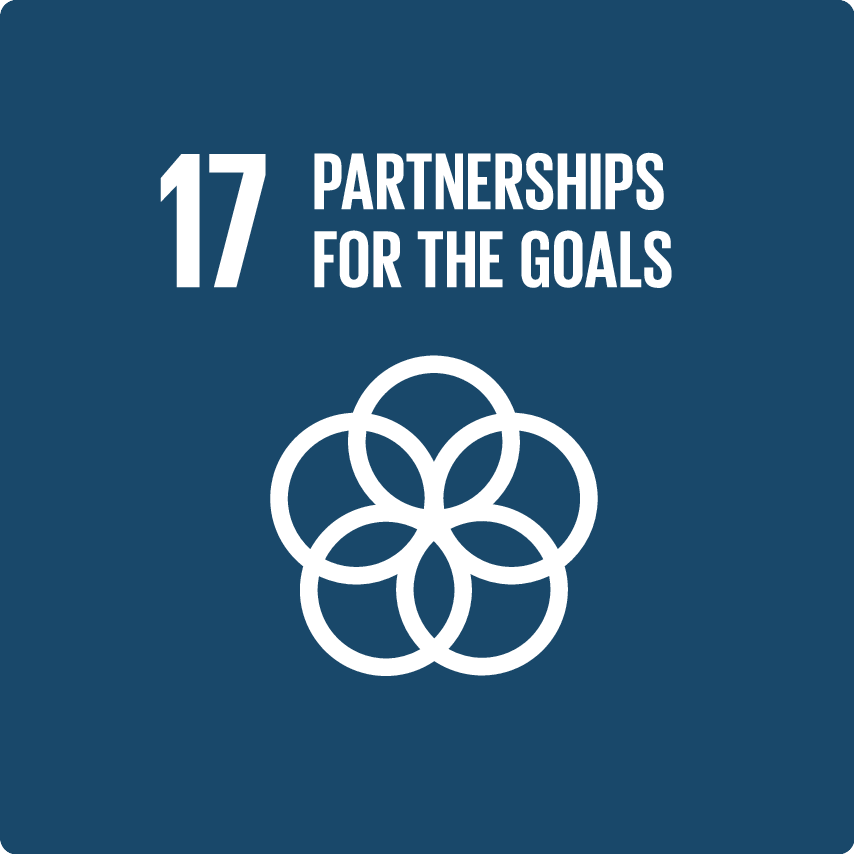Takeda and Save the Children, Improving the health of ethnic minority women and newborns in Asia
This multi-country Global CSR Program partnership focuses on improving healthcare access and quality for minority populations in Asia by providing 150,000 local residents with health education, training, and services.
SEE ALL PARTNER ORGANIZATIONS
Objectives
To provide underserved communities with vital health education, training and services.
For families from ethnic minorities, many of whom live in rural areas, the barriers are even higher. Development has been slower to reach these communities than other parts of the country, with a corresponding impact on health infrastructure. A child under five living in a rural area is nearly twice as likely to die as a child living in an urban setting. (UNICEF. Myanmar: Maternal, newborn and child health. Available at: https://www.unicef.org )
The project conducted the following activities to support health workers and to enhance community engagement in health care services in remote areas.
– Construction and renovation of health facilities
– Health worker training
– Community health volunteer training
– Health education
– Strengthening community maternal health service provisions
For example, the health infrastructure in Kyaukki Township, which is the eastern part of Myanmar’s Bago Region, was ill-equipped to serve the needs of its population, with numerous quality issues in service delivery. As a result, the utilization of maternal and newborn health care was limited, and opportunities for health workers and community members to gain new skills and knowledge were typically few and far between. The Kyaukkyi village health committees harnessed the power of community members themselves, offering support for community health activities and providing an emergency referral program for mothers and newborns in collaboration with midwives, as valued resources for families throughout the village.
Results and milestones
Through the activities mentioned above, the project’s tangible achievements include the following:
– 21,099 mothers received care
– 20,384 mothers visited by volunteers
– 313 community health volunteers trained
– 75 health workers trained
– 114 community health referral systems established
– 60,187 people attended health education events
– 4 health centered constructed
Overall, on top of improved access to care, the project contributed to bringing sustainable impact on the lives of mothers and children through adoption of healthy practices. These include change in mothers’ knowledge of at least three common danger signs during different stages of pregnancy and beyond. The percentage increases below highlight the significant impact the project had on both understanding and practice of healthy maternal and newborn care.
Geographic Reach
- South-East Asia
- Western Pacific
Disease Area
- Other
Target Population
- Marginalized/indigenous people
Partner organizations
Save the Children
Geographic Reach
South-East Asia
- Myanmar
Western Pacific
- Viet Nam

